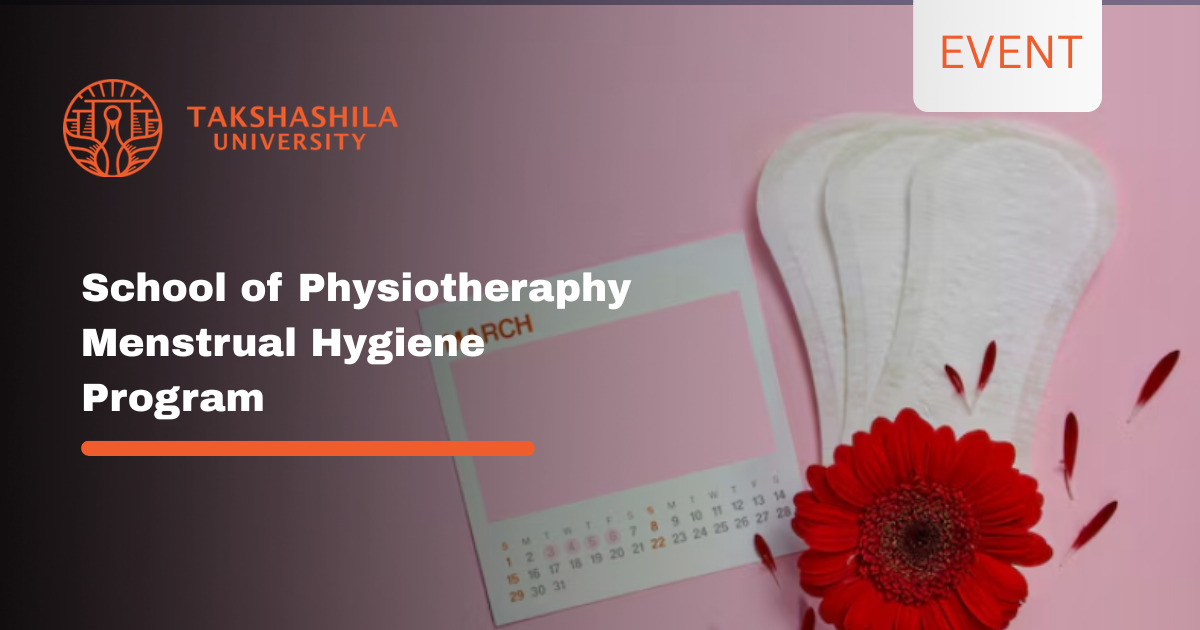Are you planning to do a PhD after your master’s degree? Who wouldn’t want to add the reputable “Dr” title prefixed to their names?
We all know it takes years and requires dedicated effort, intellectual rigour and unwavering commitment. But why is it still pursued and recommended by experts? In this blog, we’ll reveal the top 9 purpose for pursuing PhD degree to clear all your doubts.
Why Do Experts Suggest Doing A PhD?
A PhD is more like a transformative journey that digs deeper into the ocean of expertise. It offers many benefits for those pursuing it. It is considered the most prestigious and valuable degree since it shapes the candidates’ knowledge and influences future research and societal understanding.
The title “Dr” give the candidates the prestige, respect and recognition to mark themselves in their field. It is linked with high expertise, authority and intellectual accomplishment and is considered the most valued status for scholars.
That’s why experts recommend graduates do a PhD degree in pursuit of wisdom and innovation. Enrol in the engaging PhD programmes at Takshashila University and fuel your ambition.
The Nine Purpose For Pursuing PhD Degree
Whether you pursue a PhD degree with a passion for research or as a commitment to making a difference, it offers profound rewards. We have listed nine points supporting why to pursue a PhD degree.
1. Advancement Of Knowledge

- PhD allows candidates to conduct original research and intense investigation, contributing to new insights, theories and discoveries.
- It helps graduates expand their knowledge in their chosen fields and become experts.
- PhD candidates will explore new areas and unanswered questions and research them to find answers, challenging the existing assumptions.
- Their contributions make a meaningful and lasting impact on the academic community and society.
Pursuing a PhD will help advance your knowledge since it offers a broadened space for candidates to dive deep into the subject area, understand and become aware of the current state and identify areas that require further research.
2. Career Opportunities

- Pursuing a PhD degree opens the doors to many high-paying academic positions, such as professors, lecturers and researchers.
- PhD candidates have a vast scope and are in high demand in research and development, consulting, technology, government, and non-profit organisations.
- Employers prefer to hire PhD candidates since they have advanced and exceptional research skills and critical thinking abilities.
- They are hired for senior-most positions, such as leadership and management roles since they can tackle complex challenges, seek initiative, work autonomously and drive projects to completion.
Career opportunities and salary prospects for PhD candidates are immense and high because of their expertise, specialised knowledge and ability to generate innovative solutions.
3. Personal Development

- Besides professional development, pursuing a PhD helps improve your soft skills, such as critical thinking, problem-solving, and time management skills.
- It fosters lifelong and self-directed learning in candidates and nurtures intellectual growth.
- It enhances self-confidence among the candidates and broadens their perspectives on how they see the world.
- Through PhD programmes, candidates can strengthen their communication and presentation skills since the doctoral journey is full of academic writing and conference presentations.
PhD offers a platform for personal growth and development far beyond academic achievements. Personal attributes and soft skills acquired through a PhD are transferrable and valuable in various dimensions of life.
4. Expertise And Specialisation

- Out of all the purposes of pursuing a PhD degree, the primary reason is to gain in-depth knowledge and a comprehensive understanding of the specific subject matter in the chosen field.
- The PhD candidates gain extensive knowledge beyond the typical topics covered in the undergraduate and postgraduate degrees through literature reviews, data collection, analysis and interpretation.
- A PhD candidate becomes a scholar/expert by developing unique insights, innovative ideas and critical analysis within the field. They see things from different perspectives and try to find solutions.
Since they specialise and have expertise in a particular field, they get immense opportunities in consulting and advisory roles and participate in academic discussions.
5. Intellectual Freedom

- A PhD degree allows candidates to choose their research topics, design their experiments, and explore areas of interest within their field. It gives them the intellectual freedom to gain their expertise.
- It also allows the candidates to be creative and follow novel ideas without constraints, as we have in structured educational programs. It makes them push their boundaries of knowledge and explore more.
- Since it fosters creativity and allows candidates to process authentic ideas, they think innovatively, making groundbreaking research and discoveries.
Intellectual freedom gives the candidate an interest in researching the unexplored and makes their long-term commitment engaging and without tiring.
6. Networking And Collaborations

- PhDs offer opportunities to interact with researchers, advisors, experts in the fields, etc., which helps expand your network.
- They work closely with fellow PhD scholars and expert advisors for the completion of projects.
- They interact with them to exchange ideas and receive feedback on their work. The candidates attend seminars, conferences, and workshops to network and find potential collaborators.
- Networking and collaborations can also be a dawn to new research projects, co-authored publications, etc.
It provides not only potential job opportunities but also long-term professional connections that help in career advancements. Takshashila University recommends building a network of colleagues for future partnerships.
7. Personal Fulfillment

- PhD is a milestone to achieve for many graduates. It is a lifelong dream for some candidates to add a ‘Dr’ title before their names. Those who are passionate about knowledge gaining see PhDs as personal fulfilment.
- Apart from being a significant achievement, a PhD help in self-improvement and fosters intellectual growth and takes you on the path of excellence.
- Since a PhD involves challenges, such as conducting research and significantly contributing to the academic community, completing it is gratifying and fulfilling.
When a PhD candidate makes breakthrough discoveries, a sense of accomplishment and pride tags with them and gives a feeling that they have contributed something that somehow impacts their lives and society.
8. Teaching And Mentorship Opportunities

- Pursuing a PhD degree opens the doors to various teaching and mentorship opportunities. In many universities and academic institutions, they get hired as HODs and senior lecturers.
- Educational institutions value their expertise and research capabilities and provide roles that give them the opportunity to share their knowledge, shape future generations and inspire aspiring students and graduates.
- Teaching and mentorship opportunities provide PhD scholars with a chance to influence young minds and contribute wisely to the education system. They also provide guidance and support based on their experiences.
They get incredibly rewarded for their handout to the growth and development of the academic community.
9. Contribution To Society

- The groundbreaking discoveries and studies done by the PhD candidates benefit society as a whole.
- They address real-world problems, advance scientific knowledge and put efforts into improving the well-being of society. They find solutions to the problems impacting society and bring positive change to it.
- They can bring a revolution in all industries, including healthcare technology, environmental sustainability and other areas.
PhD candidates play a crucial role in bringing a positive difference in society.
Why Should Takshashila University Be Your First Choice?
Takshashila University should be your first preference for undergraduate, postgraduate and PhD programmes since it is one of the leading educational institutions in India. The diverse course options and exceptional infrastructure makes it the best choice to kick-start your career.
Sprawled across 150 acres, the university has over 64 programmes and five departments, including engineering, arts and sciences, allied health sciences, hotel management, physiotherapy and agricultural sciences. Its academic and athletic scholarships help students achieve their dreams despite financial constraints.
The university has partnered with significant companies and annually guarantees 100% student campus placement in firms like IBM, TCS, Accenture, etc. The hands-on learning bestows students with relevant skills, helps them crack the interviews and get placed in their dream company.
The experienced faculties empower students to tackle the challenges of the real-work world and foster leadership quality in them. If you want to pursue a PhD programme, Takshashila University is the right place!
Conclusion
By diving through the purposes of pursuing a PhD, you would have understood that pursuing a PhD is not merely a conquest of knowledge but a journey of personal growth and unbounded curiosity.
PhD candidates walk the path of self-discovery, resilience and profound intellectual fulfilment through rigorous research, specialised expertise and the pursuit of groundbreaking discoveries. A PhD is the best option if a thirst for knowledge, an urge to explore the unexplored, and a quest to advance your career drives you.
Frequently Asked Questions (FAQs)
1. What are the benefits of pursuing a PhD?
By pursuing a PhD programme, you can get deep insights into the subject and become an expert in the chosen field. It opens new career opportunities in academia, industry and research institutions. It also cultivates critical thinking skills, accounts for personal growth and intellectual curiosity and leads to personal fulfilment.
2. What is the requirement for pursuing a PhD?
A master’s degree is necessary to pursue a PhD programme. A candidate should have a solid academic record, high grades, and relevant coursework to undertake advanced research. Some institutes require letters of recommendation, a statement of purpose, and test scores like the GRE.
3. What is the primary purpose of pursuing a PhD?
Though there are many benefits of pursuing a PhD, the primary purpose is to advance knowledge, gain expertise and become recognised in the chosen discipline.
4. What are the challenges in PhD?
Many challenges in a PhD make the candidates hesitate to pursue it. Its significant long-term investment, research complexity, and lack of social interaction because of spending too much time in research work, etc., are a few to mention.
5. How long does a PhD programme last?
The duration of a PhD program depends on the country, university and field of study. It extends from 4 to 6 years, on average. Some PhD programmes could be done part-time, which impacts the overall length of the programme.






